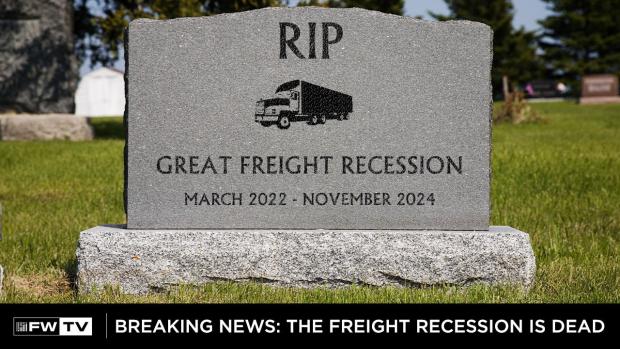
Breaking News
 Joe Rogan Experience #2246 - James Fox
Joe Rogan Experience #2246 - James Fox
 Just a fraction of the hydrogen hidden beneath Earth's surface could power Earth for 200 years..
Just a fraction of the hydrogen hidden beneath Earth's surface could power Earth for 200 years..
 SpaceX Tests New Heat Shield and Adds Tanks for Engine Restarts
SpaceX Tests New Heat Shield and Adds Tanks for Engine Restarts
Top Tech News
 7 Electric Aircraft That Will Shape the Future of Flying
7 Electric Aircraft That Will Shape the Future of Flying
 Virginia's fusion power plant: A step toward infinite energy
Virginia's fusion power plant: A step toward infinite energy
 Help us take the next step: Invest in Our Vision for a Sustainable, Right-to-Repair Future
Help us take the next step: Invest in Our Vision for a Sustainable, Right-to-Repair Future
 Watch: Jetson founder tests the air for future eVTOL racing
Watch: Jetson founder tests the air for future eVTOL racing
 "I am Exposing the Whole Damn Thing!" (MIND BLOWING!!!!) | Randall Carlson
"I am Exposing the Whole Damn Thing!" (MIND BLOWING!!!!) | Randall Carlson
 Researchers reveal how humans could regenerate lost body parts
Researchers reveal how humans could regenerate lost body parts
 Antimatter Propulsion Is Still Far Away, But It Could Change Everything
Antimatter Propulsion Is Still Far Away, But It Could Change Everything
 Meet Rudolph Diesel, inventor of the diesel engine
Meet Rudolph Diesel, inventor of the diesel engine
 China Looks To Build The Largest Human-Made Object In Space
China Looks To Build The Largest Human-Made Object In Space
 Ferries, Planes Line up to Purchase 'Solar Diesel' a Cutting-Edge Low-Carbon Fuel...
Ferries, Planes Line up to Purchase 'Solar Diesel' a Cutting-Edge Low-Carbon Fuel...
The Great Freight Recession Is Officially Over

This shift is backed by SONAR data, confirming a market turnaround.
Tender rejections rising: The increase in tender rejections to over 6% signals that the market is tightening. After seeing rejections dip to 3.4% post-Labor Day last year, this change indicates that carriers now have more control in choosing which loads they accept, thus shifting market dynamics in their favor.
Spot rates increasing: Spot rates are also climbing, surpassing those of 2022 and 2023, which tells me there's either a surge in demand or a decrease in available capacity, possibly both. This could catch many expecting the low rates to persist off guard. Truckload rates are up to $1.78 from $1.54 a year ago.
Carrier revenge could be coming next year: "Carrier revenge" implies that carriers, after a period of low rates and high competition, might leverage their position to negotiate better rates or reject tenders more selectively in the coming months, affecting shippers' logistics strategies, especially routing guides.
Decreasing capacity: Speaking of capacity, the upcoming implementation of the FMCSA's Clearinghouse-II regulations on Nov. 18, 2024, will have a significant impact. Trucking expert Adam Wingfield stated that 177,000 truck drivers could potentially lose their CDLs, further tightening the market as state agencies need to query the Clearinghouse for any licensing actions.
This regulation requires:
State Driver Licensing Agencies (SDLAs) to remove the commercial driving privileges of drivers in a "prohibited" status in the Clearinghouse. This action will result in a downgrade of the Commercial Driver's License (CDL) until the driver completes the return-to-duty (RTD) process.
SDLAs must query the Clearinghouse before issuing, renewing, upgrading, or transferring CDLs and Commercial Learner's Permits (CLPs). This step ensures that drivers with unresolved drug or alcohol violations are not allowed to operate commercial motor vehicles.
Political influence: Trump's election could accelerate freight demand as policy changes could stimulate economic activity, increasing the need for freight services. This includes income and corporate tax cuts, bonus depreciation, pre-stocking for tariffs, investment in domestic manufacturing and the change in freight dynamics from containers to surface (trucking, rail and domestic warehousing).

 Will Russia Collapse in 2025?
Will Russia Collapse in 2025?


